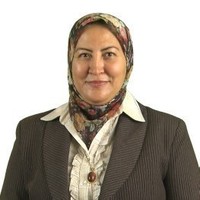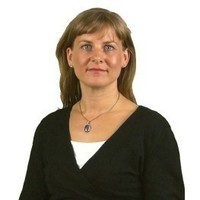
Peer Review Assignment for Disasters and Ecosystems: Resilience in a Changing Climate - Learn how to link between environment, disasters and disaster risk reduction
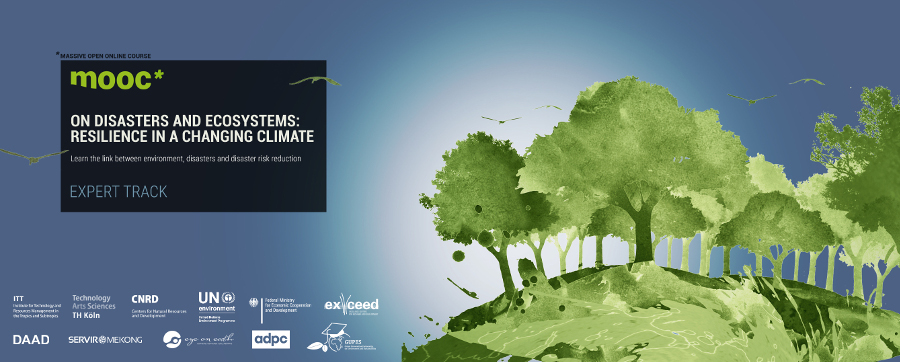
About this Course
Disasters have multiple impacts e.g., losses of lives, devastating impacts on infrastructure, damage to ecosystems and undermining development. On top of this, climate change is expected to aggravate existing disaster risks in many regions of the world. There is a need for increased awareness amongst practitioners, policymakers and researchers on the latest advances in disaster risk reduction (DRR) and climate change adaptation (CCA). The idea of this MOOC is to deepen awareness about the role of ecosystems in reducing many types of disaster and climate risks and in enhancing resilience for sustainable development in practice.
It was developed by the Centers for Natural Resources and Development (CNRD), UN Environment, with funding from TH Köln- Technical University of Cologne, UN Environment, Eye on Earth Programme, and the German Federal Ministry for Economic Cooperation and Development (BMZ), the EXCEED programme and DAAD, with support by the Partnership for Environment and Disaster Risk Reduction (PEDRR) and the European Union (EU).
Expert Track
This track is for professionals and students who seek more in-depth learning and skills development in applying ecosystem-based tools for disaster risk reduction (Eco-DRR) and adaptation (EbA). The Expert Track consists of 15 units of 60 minutes each with video- presentations and accompanying self-study booklets, quizzes and a peer reviewed final assessment. The Expert Track runs over four weeks, with four hours per week. There are no pre-requisites for joining this course, however you will be able to follow along more easily if you have already taken the “Leadership track” prior. The Expert track is thus instructor-paced, with greater instructor presence and feedback, while the Leadership-track is student-paced and open until March, 2018.
What you will learn
After completion of the course, you will:
- Understand the links between disasters, climate change adaptation and ecosystems through real life examples of Eco-DRR from around the globe and how Eco-DRR is practiced.
- Understand differences and similarities between Eco-DRR and EbA.
- Learn more about ecosystems and spatial tools for disaster risk reduction and risk assessments
- Learn about different tools for managing Eco-DRR e.g., community-based tools, ecological engineering, economic valuation as well as integrated approaches, such as integrated water resources management.
- Understand more about the concept of resilience, differences between passive and transformative resilience and how it can be put into practice.
- Gain practical knowledge about how to develop an Eco-DRR project.
Course Outline
Expert track – Launch date: 15th January 2018
- Unit 7: Linking ecosystems and humans to disasters
- Unit 8: Principles of systems thinking and using natural systems for disaster risk reduction
- Unit 9: Putting Ecosystem-based disaster risk reduction (Eco-DRR) into practice
- Unit 10: Linkages between Eco-DRR and EbA
- Unit 11: Putting Ecosystem-based adaptation into practice
- Unit 12: Incorporating ecosystems in risk assessments
- Unit 13: Ecosystems and spatial tools for risk reduction
- Unit 14: Principles of spatial planning and community-based tools for Eco-DRR
- Unit 15: Sustainable land and water management tools for Eco-DRR
- Unit 16: Ecological engineering for disaster risk reduction and climate change adaptation
- Unit 17: Economic tools for Eco-DRR
- Unit 18: Principles of mainstreaming ecosystem based disaster risk reduction into national policies, strategies, plans and projects
- Unit 19: Approaches for operationalizing resilience
- Unit 20: Problem solving assignment – peer review of assignments
Meet the instructors
Instructors include international faculty members from Germany, Egypt and Switzerland, supported by a line-up of expert guest lecturers and exclusive interviews with world leaders in the field of climate change, disaster risk reduction and environment:

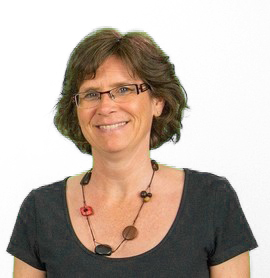
Dr. Karen Sudmeier
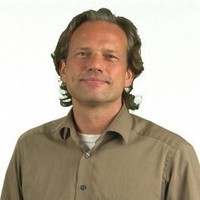
Prof. Dr. Lars Ribbe

Dipl.-Geogr. Wolfram Lange

Prof. Dr. Harald Sander

Dr. Udo Nehren
